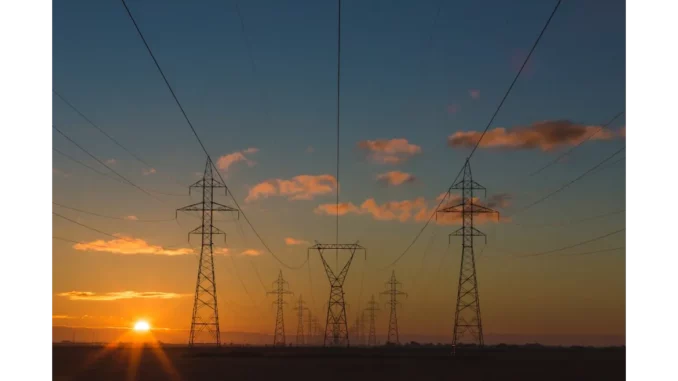
The United Kingdom is currently navigating a complex energy conundrum, grappling with the potential resurgence of escalating gas bills. This predicament, often dubbed the “Gas Trap,” challenges the nation’s energy policies and its commitment to reducing carbon emissions. As household energy bills are poised to rise this winter and the government introduces means-testing for the Winter Fuel Payment, the issue of energy affordability returns to the forefront. Although the acute energy crisis of 2022 may not recur, energy bills remain significantly elevated compared to pre-crisis levels, largely due to persistent high and volatile gas prices.
Air quality is vital in planning. See how Focus360 Energy can assist.
The upward trajectory of energy bills is indisputable. This winter, typical household gas bills are anticipated to be approximately £400 higher than during the 2020/21 winter. Over the past 15 years, wholesale gas prices have surged, now standing at three to four times their 2009 levels, driven by international events beyond the UK’s control. The current state of energy bills is unsustainable and demands urgent redress.
A sustainable approach to reducing energy bills in the UK necessitates a transition away from gas as a primary heating source. This shift involves embracing electricity and adopting more efficient technologies like heat pumps. However, a formidable policy obstacle looms: high taxes on electricity deter UK households from transitioning from gas. Presently, the UK imposes levies on energy bills, adding approximately £140 to a typical household’s electricity bill, compared to just £50 on a gas bill. This disparity renders electricity significantly more expensive than gas, discouraging the adoption of heat pumps and other electric heating solutions. These levies, initially introduced for various reasons, now seem counterproductive given the UK’s cleaner electricity supply.
Countries with cheaper electricity have observed higher adoption rates of heat pumps and are becoming less reliant on gas. Conversely, the UK remains ensnared, with most households unable to afford the switch to more efficient electric heating while facing high and unpredictable gas bills. This scenario also jeopardises the UK’s ability to meet its net-zero obligations. To address this challenge, there is an urgent need to shift levies from electricity to gas. Such a change must be executed in a manner that supports vulnerable households. By doing so, the typical household could save around £400 on their energy bills by transitioning to a heat pump, mirroring the increase in gas bills since early 2021.
One proposed solution is to transfer electricity levies into general taxation, thereby reducing electricity costs without escalating gas prices. However, this would impose an annual cost of approximately £5 billion on the Treasury, a substantial burden given current government spending on energy and climate change. Given the UK’s fiscal constraints, this approach seems unlikely to gain traction. The real discourse must revolve around rebalancing levies between electricity and gas. Shifting some levies from electricity to gas offers two crucial benefits: it can be revenue-neutral for the government and it reduces the electricity-to-gas price ratio more swiftly by making gas more expensive and electricity cheaper. Nonetheless, this approach raises concerns about increasing gas costs, a contentious issue for many.
For the 4.5 million British households that do not use gas, revenue-neutral rebalancing presents significant advantages. This is particularly beneficial for households using direct electric heating, who are already grappling with energy costs. The average fuel poverty gap for these households is £857 per year, compared to £299 for those using gas. While a revenue-neutral approach implies that any savings on electricity bills must be offset by increased gas costs, the increase is modest compared to the £400 rise in gas bills over the past four years. However, for households already in fuel poverty, even a modest increase could be onerous.
To alleviate this impact, targeted support for low-income households is crucial. The government could expand the Warm Homes Discount or implement a social tariff to counteract gas bill increases. Additionally, funding for fuel-poor households to transition to low-carbon heating should be amplified, capitalising on cheaper electricity prices. Establishing a ceiling on gas prices could also shield vulnerable households from high bills during the transition.
Inaction is not a viable option, as it leaves low-income homes ensnared by rising gas bills. To support vulnerable households and pave the way for a sustainable energy future, the UK must prioritise transitioning from gas to electricity. This transition entails raising the unit price of gas in a manner that supports those most in need, ensuring lower and more stable energy bills for all in the long term.


Be the first to comment